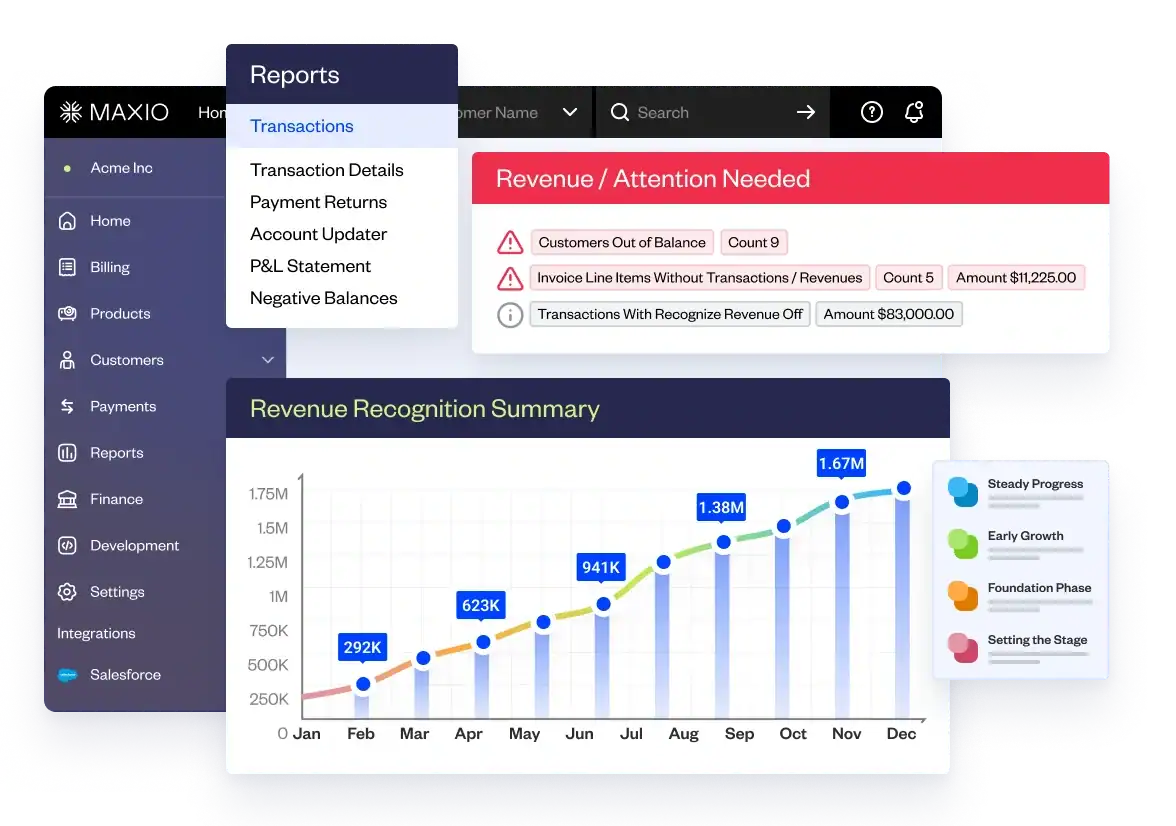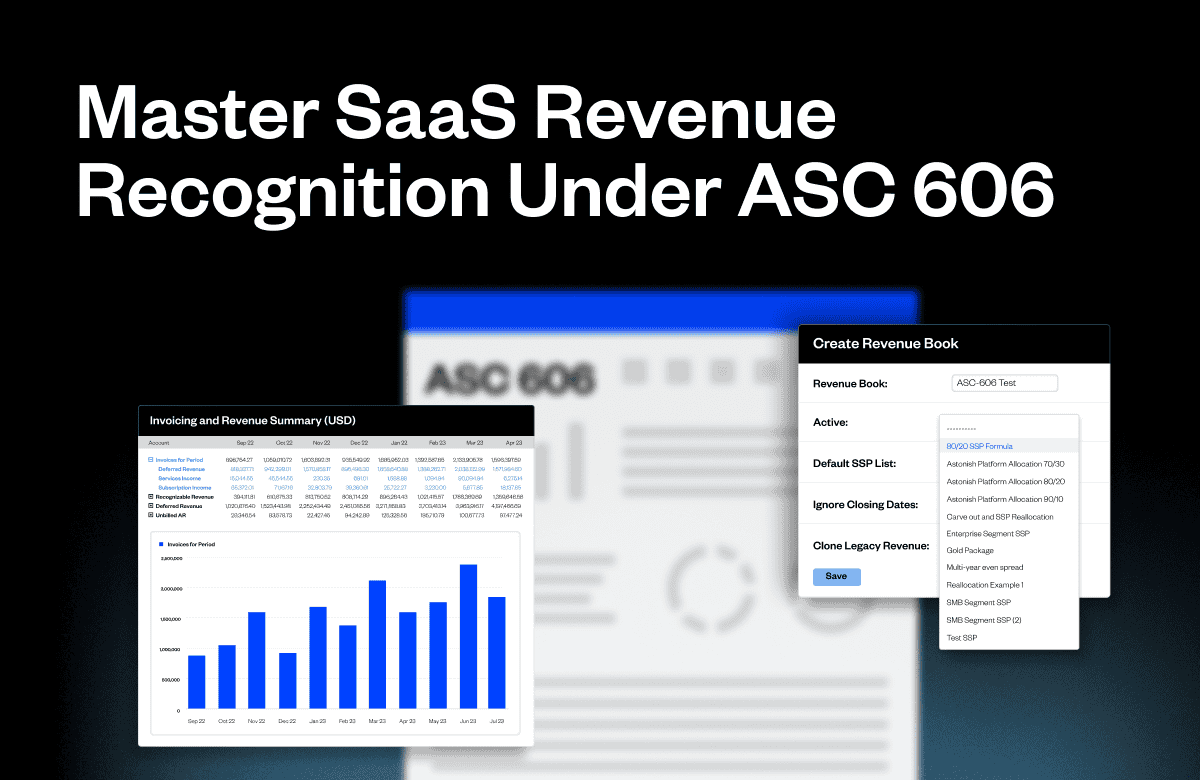New Bookings typically refers to the portion of bookings attributed to new customers, or more specifically new contracts with new or existing customers. For example, ABC, Inc. has been a client since 2005, but a new division signed a new term agreement. The bookings associated with this new division are new bookings. Also typically included in this metric are upgrades and contract increases from cross-selling.
How do you calculate New Bookings in a SaaS business?
When this is used as a metric for compensation and incentives, certain negative adjustments may be included. These might include items like downgrades and early contract terminations, with the logic being that if someone is being compensated on a new contract that actually cancels prematurely, the value is debited to reflect actual performance.
How To Effectively Use New Bookings as a Metric in Your Business
As mentioned above, this metric represents the portion of total bookings that are attributed to new contracts from either new or existing customers. It’s important to understand how much of your total ARR comes from new contracts just as it’s important to understand what percentage of your total ARR comes from existing contracts.
ARR Momentum
ARR momentum refers to the respective trends and velocities of the business’s different ARR Components (New, Expansion, Contraction, Lost) over time. In order to achieve positive ARR momentum, your New Bookings and Expansion ARR should increase over time and your Contraction and Lost ARR should decrease (or at least hold steady) over time.
For example, in a given period, you lose two customers for a total ARR value of $100,000. However, in the same period, you book 3 new customers for a total ARR value of $150,000. In this period, you netted 1 additional customer and an overall increase of $50,000 in ARR, meaning your ARR loss is offset by the new customers added in the period.
Conversely, say you lost two customers in the period for the same ARR amount of $100,000 total, but you only book one new customer for $50,000. In this case, you’ve lost net one customer and a net $50,000 in ARR. Your ARR momentum is trending downward.





